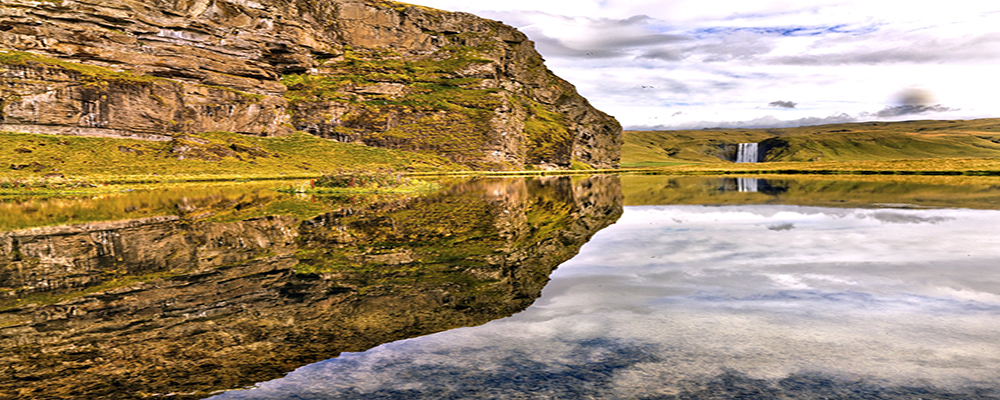
During a teaching that I attended in Nepal given by Dzongsar Khyentse Rinpoche he reminded us that all of the Buddha’s teachings were given so that we may realize, in stages, the ultimate truth. If we limit ourselves to only conventional or relative truth, our understanding will remain narrow.
It is said that meditative experiences are fleeting, like the morning mist, whereas ultimate realization is unchanging like the sky. It is a point of no return.
The entire Buddhist path is dedicated to such training. Through the “five paths” and the “ten Bodhisattva stages,” the Buddhist path seeks to eliminate first the veil that is created by afflictive mental states (hatred, desire, lack of discernment, pride and jealousy, and many more), and then the cognitive veil, more subtle and difficult to remove, which masks the true nature of phenomena. When these two veils have been lifted, we reach Buddhahood.
Ultimate realization is beyond words and ordinary concepts. And yet, this does not mean “extinction” into nothingness, as some say. What is forever extinguished is ignorance, including all the resulting sufferings that arise from it. In fact, Buddhahood will manifest itself in infinite ways for the sake of beings.
Consequently, clinging to the idea of an individual entity no longer exists. This does not mean that an “individual” who existed thus far would vanish. What disappears is the misconception that made us think that there was a personal entity, a “self,” an “ego,” “atman,” or a “soul,” at the heart of the mind stream. Ignorance — here we speak of a misunderstanding of the true nature of things, not just a lack of information — also disappears making room for knowledge, Gnosis or wisdom that perceives reality as it is, impermanent, interdependent, devoid of existence from its own side. Consciousness remains, but it is no longer a consciousness veiled by confusion; it is a knowing regarding the true nature of all things, free from the distortions created by the mind.
From the point of view of absolute truth, the categories of right and wrong vanish. But beware! This in no way means that, on the level of relative truth, it is acceptable to behave any which way. Quite the contrary. It is said that the broader and higher our understanding of absolute truth is, the more we should pay careful attention to the laws of cause and effect. The mind of a sage who attains Enlightenment will never lose sight of absolute truth, but at the same time, he can see with perfect clarity the way in which beings, who are under the sway of ignorance, desire happiness while turning their backs on it, and fear suffering while rushing towards it. The sage will be able to clearly see what should be done or avoided in order to dispel suffering and its causes. As a saying goes, “Though our view may be as vast as the sky, our judgment regarding the laws of cause and effect should be as fine as flour.” It is inconceivable that a sage should even have the merest thought, speak the merest word, or perform the merest action that might possibly harm another. Should this be so, such wisdom would be meaningless.
We must first get rid of the most toxic mental poisons, hatred in particular, and then, as we progress on the path, dissolve the increasingly subtle veils that are created by our attachment to “me” and duality.
Obviously we do not rid ourselves of altruistic love, compassion, inner peace, and other such qualities, but mainly of ignorance. When you part the clouds that have covered the sun for so long, you come to understand that it was always shining behind the clouds. And so, it is a question of realizing the truth, and not the taking away of anything that would diminish you in any way.
Fully realized beings are not to be found on every street corner, but there are in fact quite a few people who are making their way along this path of transformation. It is not a question of all or nothing. Each step is liberating and leads us towards wisdom.
The spiritual path is not about walking a thousand miles in a burning desert to finally arrive at an oasis where you can swim in an ambrosia-like lake with fairies who bring you a fine silk towel when you emerge from the water. As our obscurations become increasingly transparent, as we become less and less conditioned by our habitual tendencies, the causes of suffering will diminish and our wisdom will deepen.